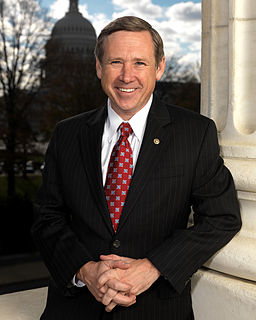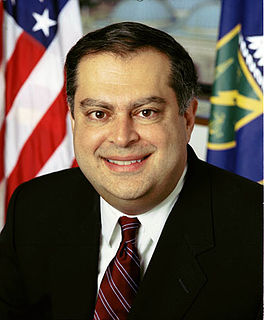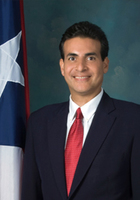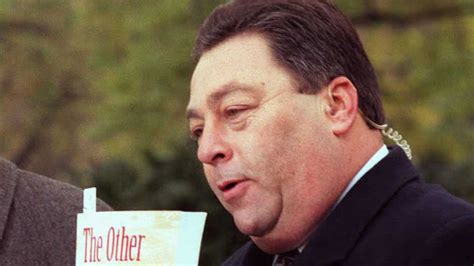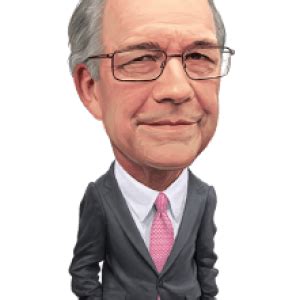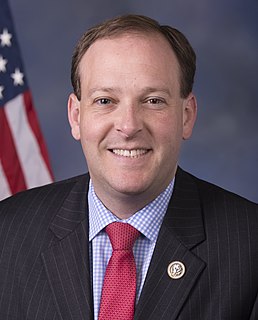A Quote by Mark Kirk
There's a new role that I see for myself with the new Republican majority running the Senate. I am now the premiere ambassador for the state from the Republican majority.
Related Quotes
[A] re-elected McConnell, with a Republican majority, would, he says, emulate his model of majority leadership - the 16 years under a Democrat, Montana'??s Mike Mansfield. He, like McConnell, had a low emotional metabolism but a subtle sense of the Senate's singular role in the nation's constitutional equilibrium.
Starting in 1994, with the Republican election of Congress, I think [Rush] Limbaugh made a difference in electing the Republican majority. In the following three elections, he made the difference holding the majority. And in 2000, in the presidential race in Florida, he was the difference between Gore and Bush winning Florida, and thus the Presidency.
This is a president [Barack Obama] who came into office in 2008 with a big majority in the House and with a filibuster-proof majority in the Senate. Because of his policies and his conduct in office, seven years later, we have our largest majority in the House since 1928, and we have a majority in the Senate and we have 31 of the 60 governorships.
Now, President Obama has to make a decision. He can either propose a nominee who can win over the majority in the Senate or defer his choice to the voters, who in November will elect a new President and a new Senate, which will be responsible for confirming a nominee who will provide balance to the Supreme Court.
With Republicans in control of the Senate for the first time since Barack Obama took office, the president may find it harder to appoint left-wing lawyers to judgeships. Whether he compromises on some of his nominees, including any to the Supreme Court, may depend on the willingness of the new Republican majority to engage the president on judicial philosophy.
[The Republican Party] for example, they do run the House of Representatives, they're a majority there, and it's the House that is essentially sending the government into shutdown and maybe default. But they won the majority of seats there because of various kinds of chicanery. They got a minority of the votes, but a majority of the seats, and they're using them to press forward an agenda which is extremely harmful to the public.
